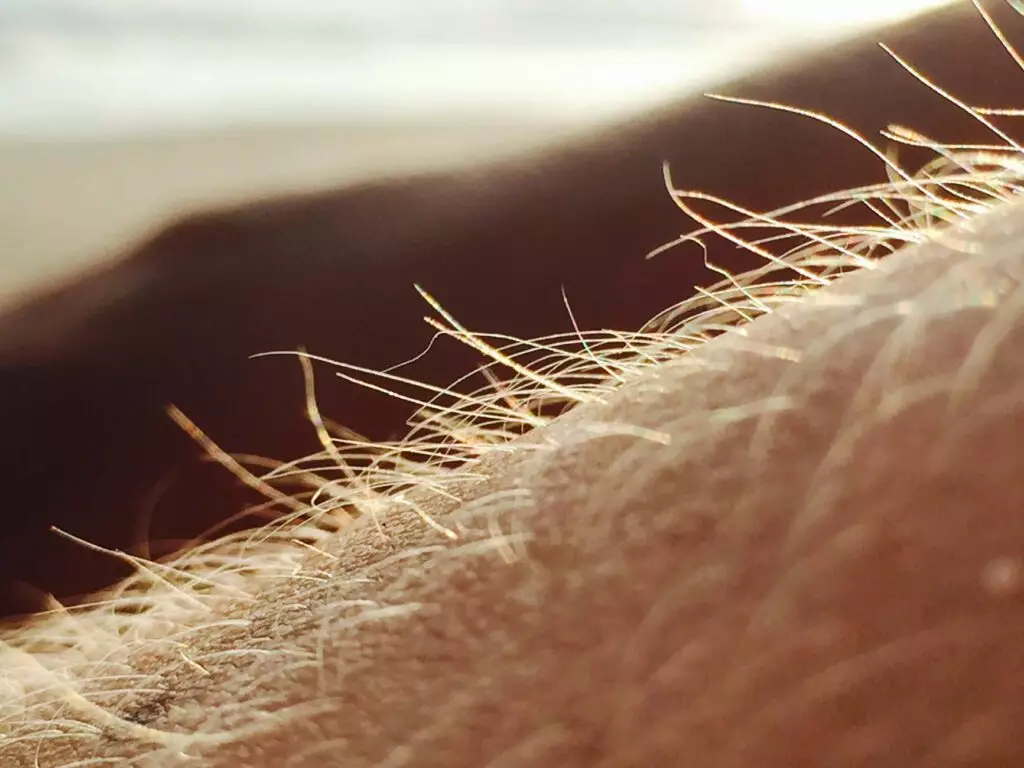South Florida detox handles the physical components of addiction, the chemical dependence part. Just that part. With substance use disorder, there are psychological and neurobiological aspects which will last beyond that, a change in a person’s physiology that will likely never be the same which is why addiction is spoken about as a chronic illness. While drug rehab centers in south Florida can offer all kinds of therapies and tools for a person in recovery to take with them back to the world outside of a treatment facility, there’s the ever lingering challenge of dealing with those psychological and biological changes that have come about as a result of drug abuse.
It is believed that around two-thirds of patients who graduate from treatment will relapse within a year. While programs like Alcoholics Anonymous (AA) and Narcotics Anonymous (NA) will will treat these as moral failings and treatment failures completely, those with degrees related to behavior, psychology and neurobiology agree that this simplistic view, while neat and tidy, doesn’t begin to describe these circumstances.
Karen Tyrell, a spokesperson for the charity Addaction, says of the high relapse rates early after treatment, “We’re talking about a learned behavior. People who have developed a dependence on substance have, over a period of months or years, developed a cycle of habitual, repeated responses. When something stressful occurs, their automatic response is to use that substance. They have to go through a process of retraining their brain, and learning to respond differently to stress. It takes a long time to do that, and often it takes several attempts.”
These stressors are often referred to as ‘triggers’. Sometimes they are environmental, such as being in a place where a person used to use a substance. Sometimes, it’s an event, such as having a fight with a family member. Karen adds, “It could even be a sensation at the back of your mind; an itch that you really want to scratch.”
Sometimes, the trigger might be nearly indistinct. In some recovery circles, a saying exists, “If you hang around a barber shop long enough, you’re going to get a haircut.” This translates to going back into the cycle of addiction simply by trying to enjoy yourself in a place like a bar or club, where the majority of people there are partaking in at the very least, alcohol, which itself can often be a catalyst due to the impulsive behavior it often invokes in people intoxicated by it. For an addict of hard drugs, it can be their Achilles Heel that catches them by surprise when they least expect it.
The important thing about relapse after treatment is to understand that riding a bike doesn’t happen the first try and to not give up. Treatment takes more than a simple single visit many times and to give up after one relapse is to give up riding a bike just because the first time you tried, you fell off.
If you or someone you know might be suffering from addiction or need therapy for a relapse, call our top-tier south Florida rehab center, First Step Behavioral Health, at (855) 425-4846.

